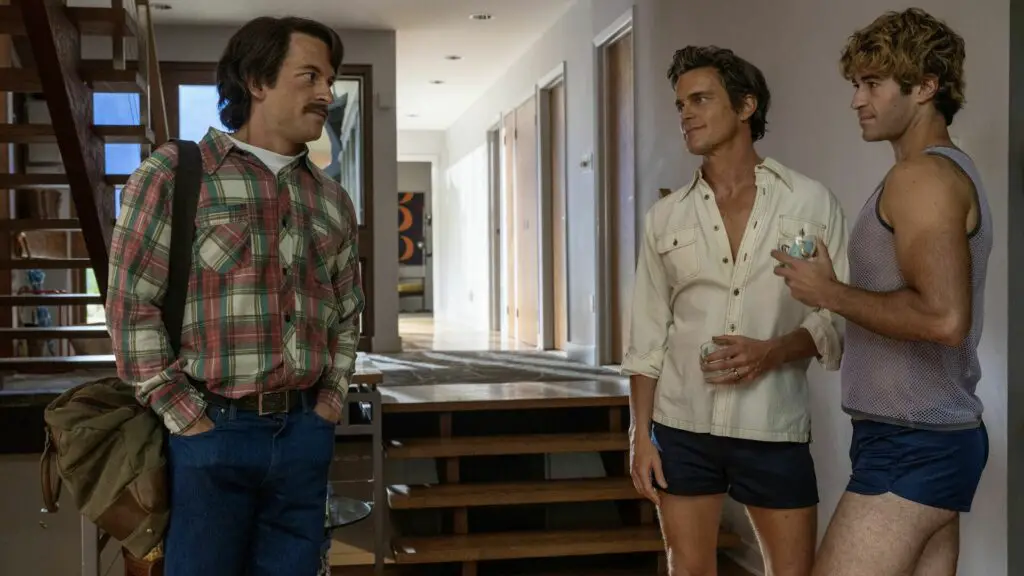On November 27, 1978, San Francisco witnessed a harrowing event that shook the city to its core. George Moscone, the mayor, and Harvey Milk, a member of the San Francisco Board of Supervisors and one of the first openly gay elected officials in the United States, were assassinated within the confines of City Hall. The perpetrator was Dan White, a former Supervisor, whose actions stemmed from personal grievances and marked a dark chapter in the city’s history. This narrative delves into the events of that day, unfolding the tragic sequence that led to the deaths of two prominent city leaders.
Dan White, a former member of the San Francisco Police Department and Fire Department, had been elected to the Board of Supervisors alongside Harvey Milk in 1977. The election was notable for its diversity, introducing a varied group of legislators to the city’s political landscape. However, White struggled financially on his Supervisor’s salary of $9,600 per year and attempted to supplement his income with a food concession stand on Pier 39. Frustrated by the low pay, White resigned on November 10, 1978, a decision that would have significant repercussions.
In the days following his resignation, White attempted to retract his decision, spurred by loans from family and encouragement from constituents. However, San Francisco’s legal stance was that White had effectively resigned, and Mayor Moscone planned to fill his vacant seat with a more liberal representative, upsetting White’s supporters and business interests in the district.
Moscone decided to appoint Don Horanzy, a liberal federal housing official, to White’s former position. This announcement was scheduled for November 27 at 11:30 a.m. On the morning of the announcement, White, armed with a revolver, entered City Hall through a basement window to avoid metal detectors. He first met with Moscone in his office, where he requested to be re-appointed to his seat. When Moscone refused, an argument ensued, leading to White shooting and killing Moscone.
After assassinating Moscone, White proceeded to the office area of the Board of Supervisors, where he intercepted Milk, who was speaking to a radio reporter. White asked Milk to step into his former office, where he then shot and killed him. Board of Supervisors President Dianne Feinstein discovered Milk’s body and later announced the deaths of both Moscone and Milk to the media.
White fled City Hall and later turned himself in to the police, confessing to the shootings but denying premeditation. His trial, held in 1979, saw him charged with first-degree murder. However, White’s defense claimed he suffered from depression, leading to diminished capacity. This argument, controversially referred to as the “Twinkie defense,” resulted in White being convicted of voluntary manslaughter, a verdict that sparked outrage and the White Night riots due to its perceived leniency.
Dianne Feinstein succeeded Moscone as acting mayor and later became the first female mayor of San Francisco. This event reshaped the city’s political landscape and left a lasting impact on its history. The assassinations of Moscone and Milk are not just a tale of political tragedy but also a reflection of the complex interplay of personal, political, and societal factors that can culminate in unforeseeable consequences.


